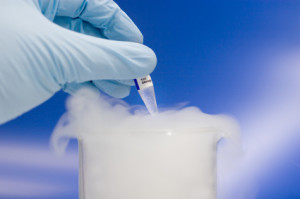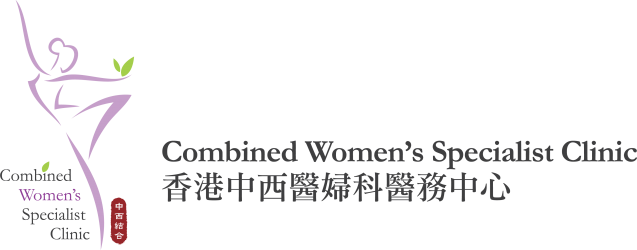Age-related fecundity and Fertility Preservation
The fecundity (reproductive capacity) of women decreases gradually but significantly beginning approximately at age 32 years and decreases more rapidly after age 37 years. These decreases are thought to be due mainly to oocyte (egg) ageing. Given the anticipated age-related decline in fertility, the increased incidence of disorders that impair fertility, and the higher risk of pregnancy loss, women older than 35 years should receive an expedited evaluation and undergo treatment after 6 months of failed attempts to conceive or earlier, if clinically indicated. In women older than 40 years, more immediate evaluation and treatment are warranted.
Because women now tend to get married at mature age and also the problem of the age-related decline in fertility, some women will consider techniques for fertility preservation for future use.
Fertility preservation is the cryopreservation (freezing) of human reproductive tissue to be used later for in vitro fertilization (IVF) therapies or intra uterine insemination (IUI). It is typically used by patients concerned about their future fertility.
Options of fertility preservation in women:
- Embryo cryopreservation
- In this procedure, eggs are harvested from your ovaries, fertilized through in vitro fertilization (IVF), frozen and stored.
- Egg freezing (oocyte cryopreservation)
- In this procedure, you’ll get injections of a medication to stimulate your ovaries and have your eggs harvested. Then your unfertilized eggs are frozen. The frozen eggs can be stored for future treatment cycles.

- In this procedure, you’ll get injections of a medication to stimulate your ovaries and have your eggs harvested. Then your unfertilized eggs are frozen. The frozen eggs can be stored for future treatment cycles.
You may consider fertility preservation if you have the following concern:
- For a future family
Do you plan to create a family in the future, but now is not the right time? If so, egg freezing could reduce your risk of future fertility problems. - To allow for educational pursuits
Pursuing education and advanced degrees requires tremendous energy and devotion. Delaying reproduction is a choice many women make, and egg freezing offers one more option for saving the vital eggs of today for later use. - To have time to develop a business or career
Egg freezing offers a valuable option for delaying conception to the future – after a career is more established. - To give your relationship time to mature
Relationships need time and space to develop. Declining fertility with age puts pressure on available time. Egg freezing is one way to relieve this pressure, allowing the relationship to grow at its own pace, without the urgency of family building. - To reduce the risk of medical treatments that might impact fertility
Cancer therapy, ovarian cysts, and fibroids are among the medical conditions that can influence fertility. Egg freezing prior to treatment is a way to minimize the problems with fertility that may result from such treatments. - To achieve control over your futureMany women approaching their mid-30s feel some sense of anxiety about their future fertility. Although not all women are certain they wish to have children in the future, many wish to keep it open as an option.
Please contact our doctors for more details.



